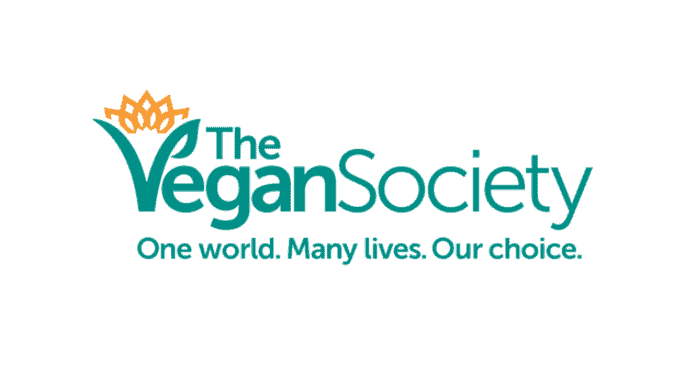EthiChain DNA Analysis System Gives One Hour Verification for Vegan Products
EthiChain, an EITFood project, is developing a portable device that in just one hour will be able to identify animal DNA in contaminated “vegan” products. EthiChain hopes its ethical food authentication system will increase trust in the European food supply system and stop food fraud. The complexity of most food supply chains makes them extremely vulnerable to food fraud, meaning some consumers in the vegan community may have food trust issues. In this context, the EIT Food-funded EthiChain highlights how transparency and proper communication of this transparency to the consumer are crucial. Also to be used for religious requirement foods such as halal and kosher, EthiChain is currently working on rapid and portable DNA analysis devices that do not require specialized personnel and will be …




